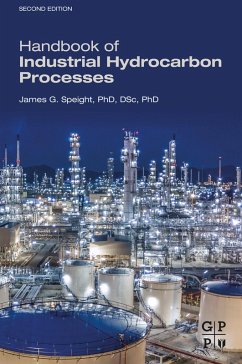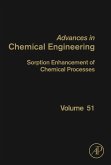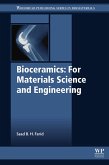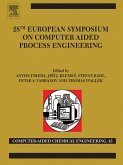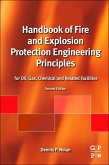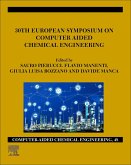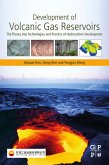Handbook of Industrial Hydrocarbon Processes, Second Edition, provides an analysis of the process steps required to produce hydrocarbons from various raw materials and how the choice of a process depends not only on technology, but also on external effects, such as social and economic developments, political factors affecting the availability of raw materials, and environmental legislation. This book qualitatively examines chemical processes and plant design by showing the factors determining process structures, including the underlying chemistry, feedstock, product specifications and reactor design. The book also compares the processes for different products based on raw materials and manufacturing processes based on their respective applications.
With the addition of useful flowcharts that present an overview of the chemical processes, process design and equipment, this book is a valuable resource to industry professionals on how to understand how hydrocarbons are produced from different raw materials and how to develop an instinct for the right process development strategy.
With the addition of useful flowcharts that present an overview of the chemical processes, process design and equipment, this book is a valuable resource to industry professionals on how to understand how hydrocarbons are produced from different raw materials and how to develop an instinct for the right process development strategy.
- Provides a qualitative analysis of chemical processes and plant design by showing the factors determining process structures
- Presents chemical processes in an organized, easy-to-read and understandable manner with the use of useful flowcharts and concise descriptions
- Includes updates on changes in existing technological and chemical processes, as well as possible future improvements or changes to other more economic or more readily available feedstocks
Dieser Download kann aus rechtlichen Gründen nur mit Rechnungsadresse in A, B, BG, CY, CZ, D, DK, EW, E, FIN, F, GR, HR, H, IRL, I, LT, L, LR, M, NL, PL, P, R, S, SLO, SK ausgeliefert werden.

